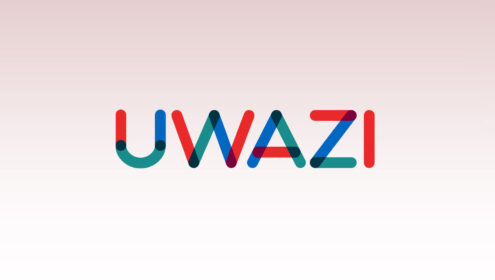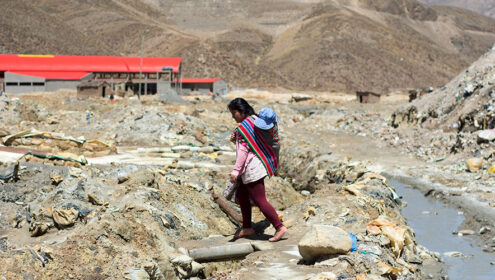For human rights information to be useful, it has to be in the hands of activists, advocates, policy makers and researchers who can leverage it to lead change. From testimonies and eyewitness videos to expert observations and jurisprudence, human rights defenders must be able to quickly find the data they’re looking for, generate reliable conclusions, and discover opportunities for action and collaboration. How to make this a reality? By ensuring that these collections of information are well organised and easy to search.
We at HURIDOCS have long developed tools to address this fundamental need. Our latest is Uwazi, an open-source database application for capturing and organising collections of information. Working closely with our partners, we originally launched Uwazi in 2017 as a platform for public repositories of documents, but it soon became clear that the tool was flexible enough to support other types of human rights work. Consequently, we’re currently expanding Uwazi to expand its capabilities for documenting human rights abuses and managing human rights cases and complaints.
Learn more about Uwazi here, check out the latest updates about Uwazi on our blog, and explore some highlights of our work below:



